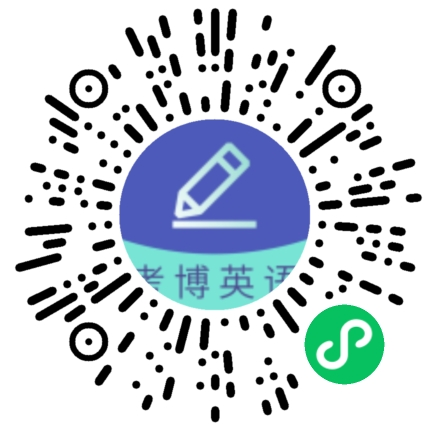2013年南京大学考博英语真题8
摘要:2013年南京大学考博英语真题,更多关于考博英语的相关信息,请关注希赛网英语考试频道。
Section III TRANSLATION (30%)
Part A (20%)
Directions: Put the following passages into Chinese.
Passage 1
In 1959 Jacoues Cousteau sounded the alarm: the Mediterranean was dying. Diving off France’s southern coast, Cousteau found a marine desert that a few years earlier had teemed with fish and plants. He blamed poisons from the large urban and industrial complexes built near the sea. Cousteau crystallized growing public concern over pollution of the world’s seas and oceans. By the 1960s, oil spills, chemicals and sewage were turning areas of the Baltic into toxic cesspools, heavy metals and DDT had accumulated in fish and shellfish from the Atlantic to the China Sea, causing carnage among birds that ate them and poisoning people.
Passage 2
Books are to mankind what memory is to individual. They contain the history of our race, the discoveries we have made, the accumulated knowledge and experience of ages; they picture for us the marvels and beauties of nature, help us in our difficulties, comfort us in sorrow and in suffering, change hours of weariness into moments of delight, store our minds with ideas,fill them with good and happy thoughts, and lift us out of and above ourselves.
Part B (10%)
Directions: Put the following passage into English.
中国是世界文明的发源地之一,有五千年的文明史。在中国古代思想史上,涌现出了许多杰出的思想家,为中华民族乃至整个人类留下了丰富的思想遗产。这些思想成果独树一帜,在漫长的历史中又不断地被阐释、被发展,很多思想对于今天的中国乃至世界而言,仍然历久弥新,极具生命力。比如,儒家学派创始人孔子“仁”的理念、“和”的思想,不仅在当代中国,在其他亚洲也一直备受推崇。
点击返回南京大学考博英语真题总卷<<<
小编推荐:
加入希赛网,获取更多考博英语相关信息,真题解析
延伸阅读
- 2026全国医学博士英语统考准考证打印时间
- 2026全国医学博士英语统考准考证打印流程
- 上海戏剧学院2026年招收攻读博士学位研究生招生简章
- 考博英语全国医学统考真题考情分析
- 桂林医科大学2026年在职医师攻读临床医学博士专业学位人员招生简章
- 研究生上多少年可以考博士

考博英语微信公众号

了解更多考试动态
考博英语备考资料免费领取
去领取

扫一扫,进入微信小程序,各院校历年真题随时随地可刷题,助力考博英语提分。
- 0
- 2
- 7
 专注在线职业教育25年
专注在线职业教育25年







 扫描二维码
扫描二维码
 扫描二维码
扫描二维码








